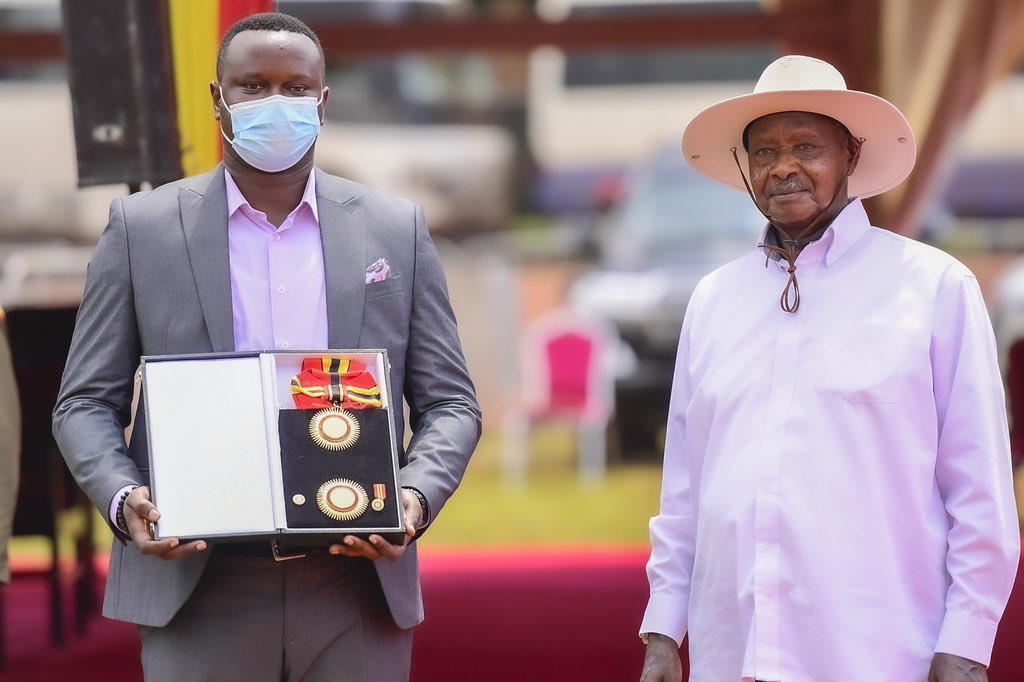In a historic move, the United States has formally backed Africa’s long-standing call for permanent seats on the United Nations Security Council (UNSC). Washington has endorsed the creation of two permanent seats for African nations, along with a rotating seat for small island developing states. U.S. Ambassador to the UN, Linda Thomas-Greenfield, is expected to announce this major policy shift soon, underscoring the growing momentum for reform within the global body.
However, despite its support for additional permanent members, the U.S. has made clear it does not favor extending veto power beyond the five current permanent members—Russia, China, France, the United Kingdom, and the United States.
The UNSC, tasked with maintaining global peace and security, holds far-reaching powers such as imposing sanctions, approving military interventions, and enforcing arms embargoes. The council currently consists of 15 members, with five permanent members and 10 non-permanent members who are elected by the General Assembly for two-year terms. Africa, which holds three rotating non-permanent seats, has long pushed for greater influence within the UNSC.
The U.S. support for Africa’s inclusion comes at a time when global calls for UNSC reform have intensified. Many critics argue that the council’s current structure, established in the aftermath of World War II, no longer reflects the realities of the modern world. In addition to Africa, the U.S. has consistently supported the inclusion of countries like India, Japan, and Germany as permanent members.
Amending the UN Charter to expand Security Council membership is no small task. The change requires approval from two-thirds of the General Assembly, as well as the agreement of all five current permanent members with veto power—a procedural challenge that has stalled past reform efforts.
Developing nations have been demanding permanent representation for decades, but progress has been slow. Recent conflicts, such as the war in Ukraine and the Gaza crisis, have further exposed the limitations of the council in resolving modern geopolitical disputes, adding urgency to the calls for reform. Last month, Sierra Leone led a high-profile debate at the UN, advocating for two permanent African seats—a position echoed by UN Secretary-General António Guterres, who stressed that Africa’s voice must be heard.
While the U.S. endorsement is a critical step forward, Ambassador Thomas-Greenfield cautioned that it remains uncertain how long it will take for the General Assembly to vote on a resolution for council reform. Though there is growing momentum, a clear path toward change has yet to emerge. As the process unfolds, the key question remains: will U.S. backing help accelerate Africa’s long-sought inclusion in one of the world’s most powerful decision-making bodies?







 {
#divFLRARight, #divFLRALeft {
display: none !important;
}
}
</style>
<script>
/(trident|msie)/i.test(navigator.userAgent) && document.getElementById && window.addEventListener && window.addEventListener()